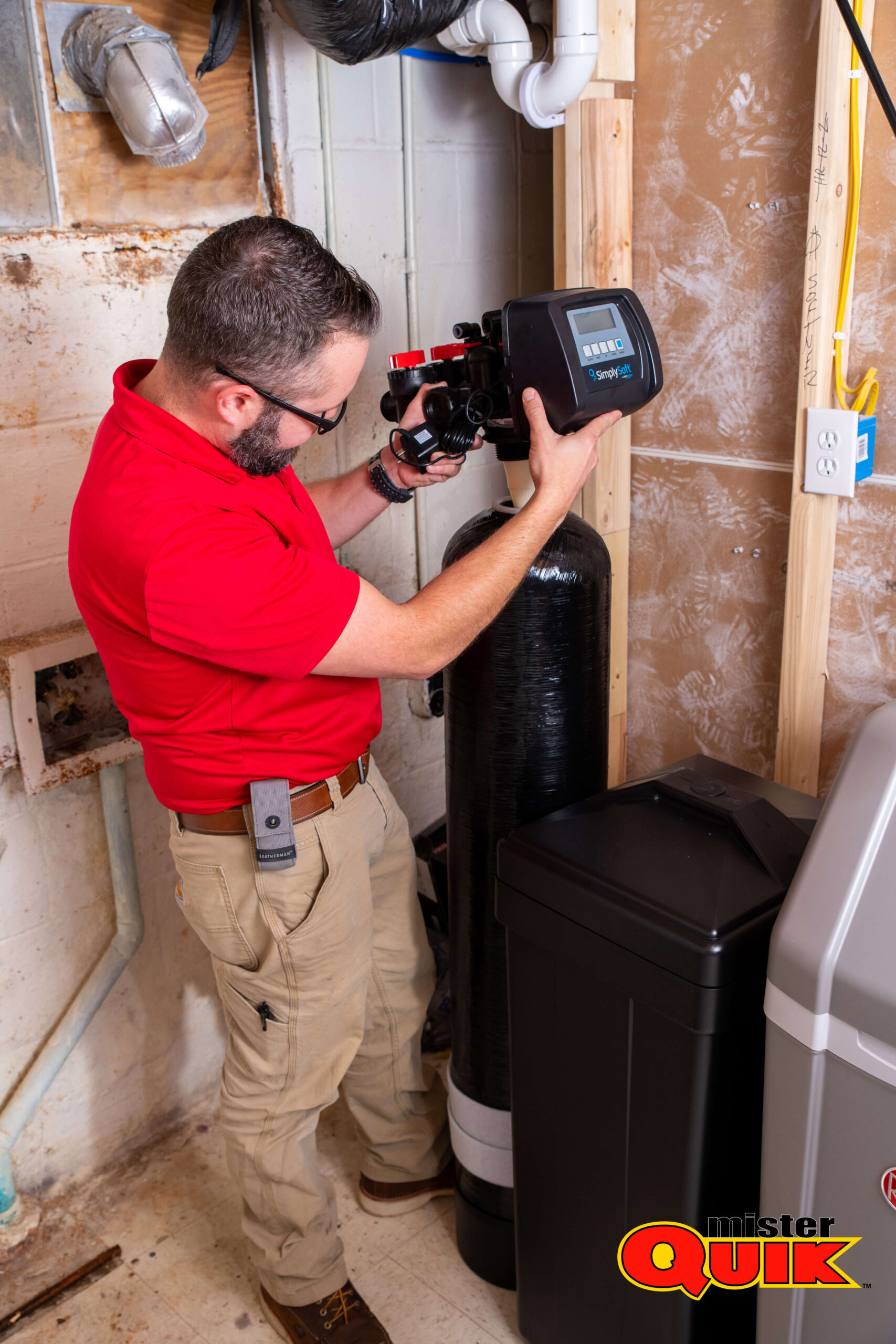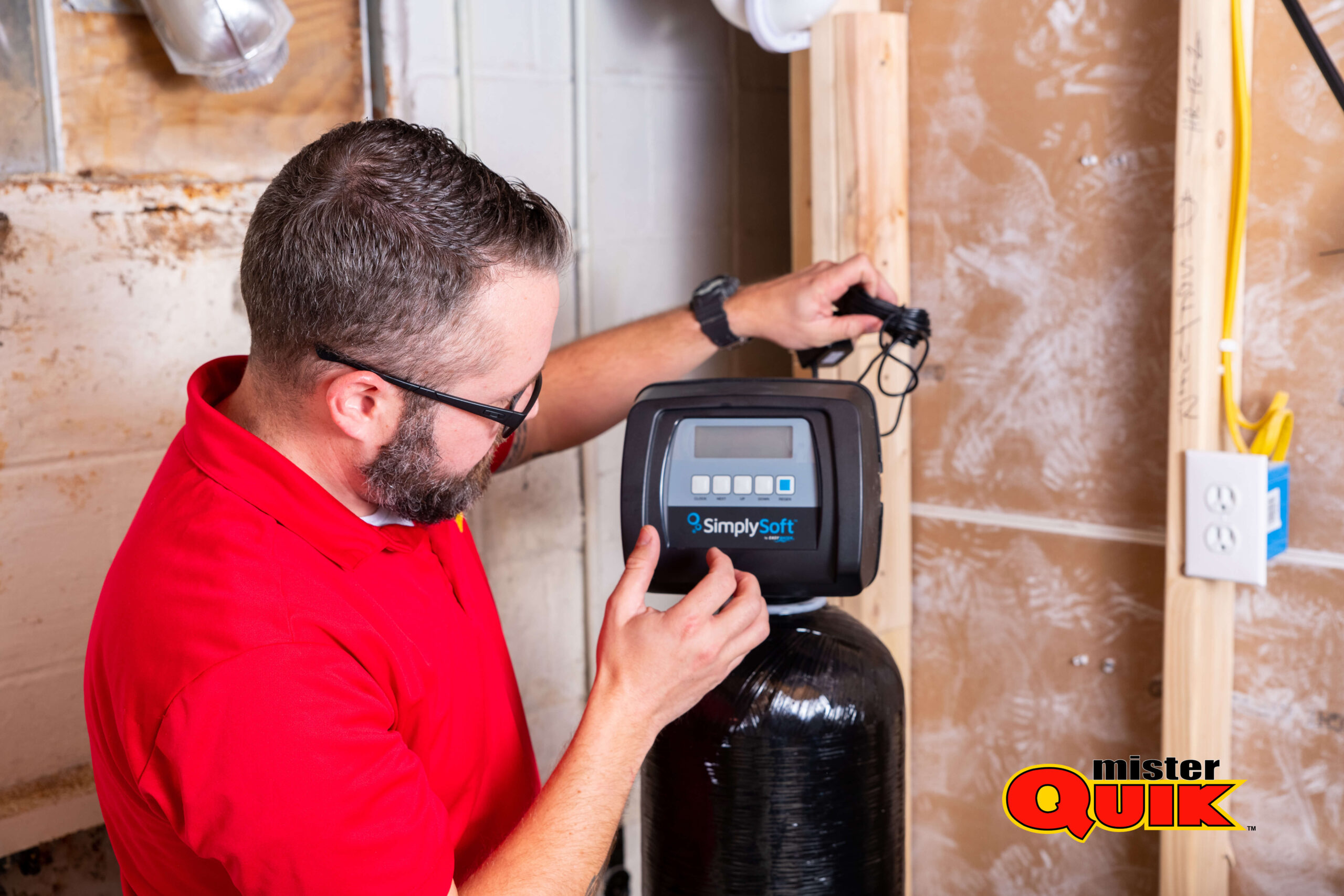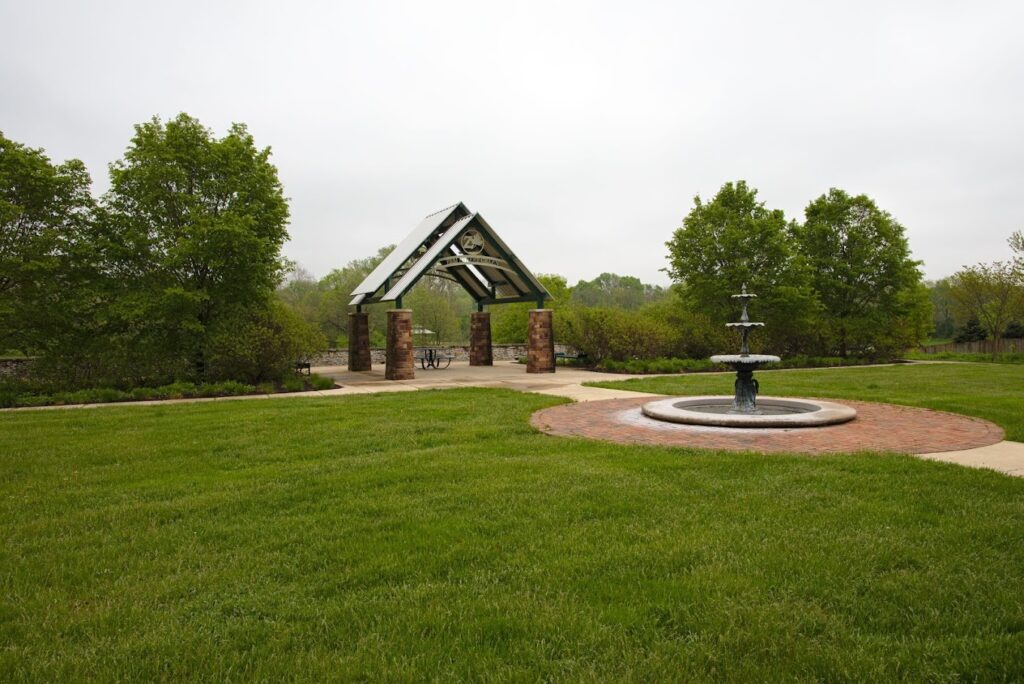Zionsville Tankless Water Heater Replacement

Do You Need Zionsville Tankless Water Heater Replacement?
If you’re noticing issues with your hot water, it might be time to consider Zionsville Tankless Water Heater Replacement. Here are some signs to look out for:
- 1. Age of the Unit: Like all appliances, tankless water heaters have a lifespan. If your unit is approaching or exceeding its expected lifespan (usually around 10-15 years), it may be time for a Zionsville Tankless Water Heater Replacement. Newer models are more efficient and reliable, providing better performance.
- 2. Frequent Repairs: Are you constantly calling for repairs? If so, it could be a sign that the unit is reaching the end of its life. Investing in Zionsville Tankless Water Heater Replacement can save you money in the long run by avoiding costly repair bills.
- 3. Decreased Efficiency: As tankless water heaters age, they may become less efficient at heating water. If you’ve noticed a decline in performance or an increase in energy bills, it could be a sign that your unit needs Zionsville Tankless Water Heater Replacement. Newer models are designed to be more energy-efficient, saving you money on your utility bills.
- 4. Water Quality Issues: If you’re experiencing issues with water quality, such as rust-colored water or strange odors, it could be a sign that your tankless water heater is failing. Over time, sediment and mineral buildup can affect the performance of your unit, leading to water quality issues. Zionsville Tankless Water Heater Replacement can help improve water quality and ensure a reliable supply of hot water.
- 5. Leaks or Corrosion: Visible signs of damage, such as leaks or corrosion, are clear indicators of your Zionsville Tankless Water Heater Replacement. Ignoring these issues can lead to water damage and other costly repairs. A new tankless water heater will provide peace of mind and reliable hot water for years to come.
If you’re experiencing any of these signs, it’s time to consider Zionsville Tankless Water Heater Replacement. Contact Mister Quik Home Services for expert Zionsville Tankless Water Heater Replacement.
Moen Delta Faucets Kohler American Standard Toto Mansfield Plumbing Price Pfister Peerless Lochinvar Rinnai Navien Grohe Speakman Gerber Whirlpool Easywater AO Smith Rheem Bradford White Culligan Kinetico Sterling Brizo Gastite Zoeller Glentronics Zurn Grundfos Pumps Blanco Bocchi Bradley Company Brasscraft Manufacturing Company Kerox, Ltd. Dornbracht Americas Inc. Falcon Water Technologies, LLC Fisher Manufacturing Company Fluidmaster, Inc. Hansgrohe, Inc. Haws Corporation LAUFEN Schweiz AG Lavelle Industries, Inc. LIXIL LSP Products Group LLC Marcone Plumbing Masco Corporation Neoperl, Inc. Reliance Worldwide Corporation Sloan Valve Company Sprite Industries T&S Brass and Bronze Works, Inc. Uponor Viega LLC Water Pik, Inc. WCM Industries, Inc.
Axor Decolav Dreamline Showers DXV Fairmont Design Fortis Franke Geberit Plumbing Ginger Graff HydroSystems Infinity Drains In-Sink-Erator Jacuzzi James Martin LinkaSink MTI Native Trails Newport Brass PROFLO Rohl Signature Hardware Strasser Swanstone Thompson Traders Watermark Zucchetti Alfi ANZZI Altair AquaPure Avanity Avano Azzuri Bella CORE Bemis Brondell CRAFT + MAIN California Faucets Chicago Faucets Clarke Cutler Kitchen and Bath Duravit EAGO Eccotemp Eemax Fresca Giagni Houzer Jones Stephens Kaldewei Kingston BrassKraus Liberty Pumps Little Giant MediTub Nameeks OVE Decors Pulse Purewater Baths Sagehill Designs Saniflo Stiebel Eltron Swiss Madison Symmons Ultra Faucets VIGO WS Bath Collections Waste King Watts Whitehaus
Which Type Of Water Heater Is Right For Me, Tank vs Tankless?
Choosing between a traditional tank water heater and a tankless water heater can be a tough decision. Let’s compare the two to help you decide which is right for you:
Tank Water Heater:
Tank water heaters store hot water in a tank, providing a constant supply of hot water whenever you need it. However, once the tank runs out of hot water, you'll need to wait for it to refill and reheat.
Tank water heaters typically have a lower upfront cost compared to tankless models. This can be appealing for homeowners on a budget or those looking for a more affordable option.
Tank water heaters are relatively easy to install and can be a good option for homes with existing tank water heater setups.
Tankless water heaters heat water on demand, providing hot water instantly whenever you turn on the tap. This means you'll never run out of hot water, even during peak usage times.
With proper maintenance, a tank water heater should last six to eight years. A tankless water heater can last for ten to fifteen years. Check your water heater’s warranty for the most accurate timelines.
Suddenly experiencing a significant change in the quality of water may warrant getting a water heater replacement. If your tankless heater suddenly produces water that’s cloudy or reddish or brownish in color, there’s a problem. You may have too much sediment in the tank or it might be rusting from the inside.
Skills and Experience: If you have experience with plumbing, electrical work, and gas connections, you may have the knowledge and skills needed to replace a hot water heater. However, if you’re not familiar with these systems, it’s safer to hire a professional plumber or HVAC technician.
Tank to Tank Installation: On average, replacing a gas or electric water tank with a similar model takes about 3-4 hours.
When should I consider replacing my water heater? If you suspect your water heater is more than 8 years old—it is time to consider replacing it before you’re left with an emergency decision. To determine the age of your water heater, you’ll need to identify the Brand Name and Serial Number for your unit.
Why Switch To A Tankless Water Heater?
Heating your home during the cold winter months is essential for maintaining comfort and safety. However, the cost of residential heating services can vary widely depending on several factors, including the type of heating system you have, the size of your home, the climate you live in, and the energy source you use. Below are several elements that play into the cost of Residential Heating Services in Indianapolis.

With a tankless water heater, you’ll never run out of hot water. Traditional water heaters store hot water in a tank, which can run out during peak usage times. But tankless heaters heat water on demand, providing a continuous supply of hot water whenever you need it.
Tankless water heaters are more energy-efficient than traditional tank heaters. They only heat water when you turn on the tap, unlike tank heaters that constantly heat and reheat water in the tank. This results in lower energy consumption and reduced utility bills.
Tankless water heaters are compact and space-saving. Unlike bulky tank heaters that take up valuable space in your home, tankless models are smaller and can be installed on walls or even outdoors. This frees up space for storage or other uses in your home.
Tankless water heaters have a longer lifespan compared to traditional tank heaters. While tank heaters typically last around 10-15 years, tankless models can last 10-15 years or more with proper maintenance. This means fewer replacements and repairs over time, saving you money in the long run.
Traditional tank heaters can leak or burst, causing water damage to your home. With tankless water heaters, there’s no tank to burst, reducing the risk of water damage. This provides peace of mind and may even lead to lower insurance premiums.
Zionsville Tankless Water Heater Replacement Cost
Considering a Zionsville tankless water heater replacement? Understanding the costs involved is essential. Here’s a breakdown of the factors that influence the cost of replacing your tankless water heater:

The cost of a tankless water heater replacement can vary depending on the type of unit you choose. There are gas-powered and electric models available, each with its own price range. Gas-powered units tend to be more expensive upfront but may offer lower operating costs over time.

Tankless water heaters come in different sizes or capacities, measured in gallons per minute (GPM). Larger units that can provide hot water to multiple fixtures simultaneously will typically cost more than smaller units designed for single-use applications.

The complexity of the installation process can impact the overall cost of replacing your tankless water heater. Factors such as the location of the unit, the need for additional venting or gas lines, and any necessary electrical upgrades can all contribute to the final cost.
Things to Consider Before You Hire Someone To Replace a Tankless Water Heater
When you’re thinking about replacing your tankless water heater in Zionsville, there are some important things to think about before hiring someone for the job. Here’s what you need to consider:
1. Type of Heater:
Decide if you want to stick with the same kind of tankless water heater or switch to a different model. Consider things like how much hot water you need, how energy-efficient you want it to be, and if it fits where you want to install it.
2. Budget:
Figure out how much you’re willing to spend on the replacement. Check the costs of different heaters, installation fees, and any extra parts or work needed. Having a clear budget will help you make smart choices and avoid surprises.
3. Location:
Think about where you want to put the new water heater. Make sure the space is right for it and if any changes are needed. Also, consider things like ventilation and if there are gas or electrical connections nearby.
When To Replace Your Tankless Water Heater?
Knowing when it’s time to replace your tankless water heater in Zionsville is crucial to avoid unexpected breakdowns and ensure you always have hot water when you need it. Here are some signs indicating it’s time for a replacement:
Tankless water heaters typically last around 10-15 years with proper maintenance. If your unit is nearing or exceeding this age, it's a good idea to start considering a replacement, even if it's still functioning.
Over time, tankless water heaters may become less efficient at heating water, leading to longer wait times for hot water and higher energy bills. If you notice a significant decrease in performance, it might be time for a replacement.
If you find yourself calling for repairs on your tankless water heater more often than usual, it could be a sign that the unit is nearing the end of its lifespan. Continual repairs can end up costing more than investing in a new, reliable unit.
Visible signs of leakage or corrosion on your tankless water heater indicate serious issues that may warrant a replacement. Leaks can cause water damage to your home, while corrosion can lead to malfunctions and safety hazards.
Unusual noises such as banging, popping, or rumbling coming from your tankless water heater are indicators of underlying problems. These noises could signal issues with the heating elements or internal components, necessitating a replacement.
By implementing these energy-efficient measures, you can significantly reduce your heating costs and enjoy a more comfortable living environment.
Troubleshoot Checklist:
- Inspect Pilot Light: Ensure the pilot light is lit and burning steadily. If not, relight it according to manufacturer instructions.
- Test Electrical Connections: Verify that the water heater is receiving power by checking the electrical connections and circuit breaker.
- Examine Water Color and Odor: Look for discolored or foul-smelling water, which could indicate sediment buildup or bacterial growth.
- Test Water Temperature: Measure the temperature of hot water from multiple faucets to determine if the heater is producing adequately heated water.
- Check Around the Heater: Look for signs of water leakage around the tank or connections, indicating potential damage or corrosion.
- Inspect Pressure Relief Valve: Test the pressure relief valve for leaks or signs of corrosion, ensuring it operates correctly to prevent pressure buildup.
- Assess Heating Efficiency: Monitor the time it takes for the water heater to heat water to the desired temperature and note any delays or inconsistencies.
- Measure Water Pressure: Use a pressure gauge to check the water pressure at various fixtures to identify potential issues with flow rate or pressure regulation.
- Review Maintenance Records: Check if the water heater has been regularly serviced and maintained, including flushing the tank and inspecting components.
- Assess Age of Unit: Determine the age of the water heater and consider if it has reached the end of its expected lifespan, leading to decreased efficiency or reliability.










